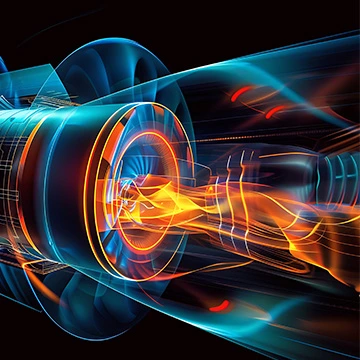Focus Areas
U of A aerospace and mechanical engineering programs unite faculty and students from many disciplines and provide a number of research opportunities. Explore and learn more about U of A AME’s 26 graduate research labs (PDF).
Dynamics and Control
- Eric Butcher – spacecraft GNC; astrodynamics; nonlinear dynamics, vibration and control; stability, control and estimation in periodic, delayed and fractional systems
- Eniko T. Enikov – dynamics of charged particles and macro-ions; control of processes driven by electrostatic forces; use of neural-network-based self-learning methods for control of human-machine interfaces
- Daniel Larsson – autonomy; decision-making under uncertainty; path-planning; information-limited control; information-theoretic abstraction; representations for autonomous systems; artificial intelligence, optimization, inference and estimation
- Samy Missoum – vibrations; crashworthiness and stochastic optimization of dynamical systems
- Hossein Rastgoftar – decision-making under uncertainty; human-robotic interaction; swarm robotics; system autonomy; UAS traffic management; intelligent transportation; formal specification and verification and finite-state abstraction of dynamical systems
- Jekan Thanga – space robotics; CubeSats and sensor networks; machine learning applied to dynamics and control of swarms; autonomous systems design; small-satellite propulsion, power and thermal systems
- Vitaliy Yurkiv – model-based evaluation of battery management systems for improving battery performance and lifetime; electric vehicle state-of-charge estimation using machine learning techniques
Image
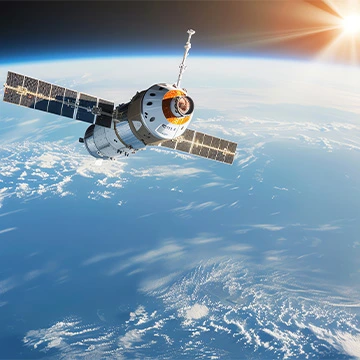
Energy
- Majid Beidaghi - discovery and synthesis of advanced functional materials; energy storage materials and devices (batteries and supercapacitors); synthesis and characterization of MXenes and other 2D materials; advanced manufacturing of energy storage devices, sensors, and membranes
- Qing Hao – thermal transport within power electronic devices anticipated to control >80% of the electricity by 2030; nanoporous materials to manipulate heat flow; enhanced boiling and condensation with nanostructured materials
- Peiwen "Perry" Li – renewable energy technologies; concentrated solar thermal power technologies; thermal energy storage; solar energy for clean water; fuel cells and electrolysis cells for electrochemical energy storage
- Farzad Mashayek – turbulent reacting flow; plasma flow; electrostatic atomization; solid ion batteries; computational methods; machine learning applications
- Vitaliy Yurkiv – multi-physics modeling and machine learning calculation of energy storage and conversion technologies; ab-initio density functional theory calculations; phase-field modeling; thermal measurements of rechargeable batteries; thermal runaway assessment in electric vehicles
Image
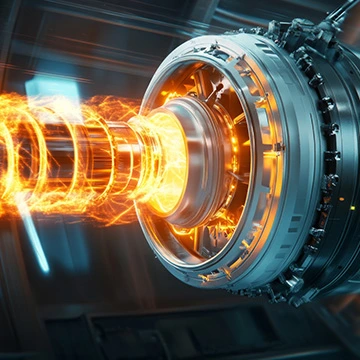
Fluid Dynamics
- Stuart A. Craig – aerodynamics; experimental fluid mechanics; boundary-layer stability and transition; hydrodynamic stability
- Eniko T. Enikov – microsensors for slow-moving flows in smart implantable medical devices; development of in situ sensor calibration methods
- Hermann F. Fasel – computational fluid dynamics, hydrodynamic stability; laminar-turbulent transition; turbulent flows; flow control; nonlinear dynamics and aerodynamics
- Jeffrey W. Jacobs – experimental fluid mechanics; hydrodynamic instabilities, including Richtmyer-Meshkov and Rayleigh-Taylor instabilities; turbulent mixing
- Jesse Little – experimental fluid dynamics; aerodynamics; active and passive flow control of separation, mixing and noise; experimental fluid mechanics; plasma actuators; turbulent shear flows
- Farzad Mashayek – turbulent reacting flow; plasma flow; electrostatic atomization; solid ion batteries; computational methods; machine learning applications
- Bernard Parent – numerical simulations of turbulent hypersonic flows, plasmas, fuel reforming, combustion, lightning
- Sergey V. Shkarayev – aerodynamics; fluid-structure interactions and designing unmanned aerial vehicles
- James A. S. Threadgill – experimental fluid mechanics; transonic, supersonic and hypersonic compressible flows; shock boundary layer interactions; active and passive flow control of separation and transition; applied vehicle aerodynamics and performance; ramjet/scramjet internal propulsion flows; boundary layer transition
- Israel J. Wygnanski – aerodynamics (related to fixed-wing and rotary aircraft); control of separation, high-lift devices, and drag reduction; aeroacoustics (jet noise, cavity noise, screech)
- Yitshak Zohar – biomicrofluidics: microscale manipulation of bio-species such as proteins, cells and tissues in microfluidic systems
Image
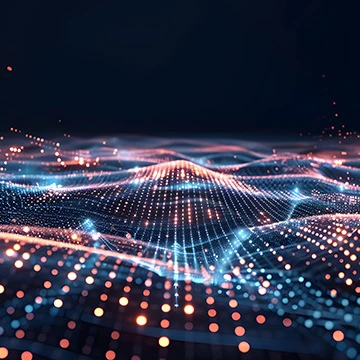
Solid Mechanics
- Erdogan Madenci – prediction of deformation and failure modes in metallic and composite materials; characterization of mechanical properties of materials
- Samy Missoum – computational design; optimization; uncertainty quantification; parameter identification
- Sergey V. Shkarayev – aerodynamics; fluid-structure interactions; designing unmanned aerial vehicles
- Xiaoyi Wu – tissue engineering; biomechanics; biomaterials; computational biomaterials
- Olesya Zhupanska – mechanics of composite materials and structures; electromagnetic, thermal and mechanical multifield effects in composites; contact mechanics
Image
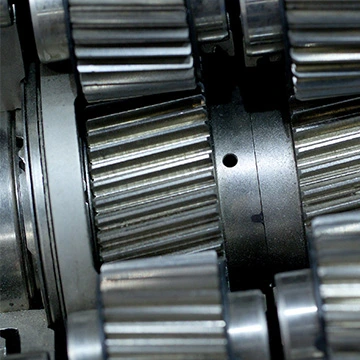
Thermosciences
- Cholik Chan – heat transfer; materials processing; boundary element method
- Qing Hao – nanoscale energy transport in advanced materials and nanoelectronics; materials synthesis and characterization
- Peiwen “Perry” Li – renewable energy; energy-water nexus; fuel cells; electrolyzers; hydrogen generation and storage; energy and power systems; heat mass transfer in gas turbines and HVACR systems
- Farzad Mashayek – turbulent reacting flow; plasma flow; electrostatic atomization; solid ion batteries; computational methods; machine learning applications
- Bernard Parent – numerical simulations of turbulent hypersonic flows; plasmas; fuel reforming; combustion; lightning
- Vitaliy Yurkiv – multi-physics modeling and machine learning calculation of energy storage and conversion technologies; Ab-initio density functional theory calculations; phase-field modeling; thermal measurements of rechargeable batteries; thermal runaway assessment in electric vehicles
Image
